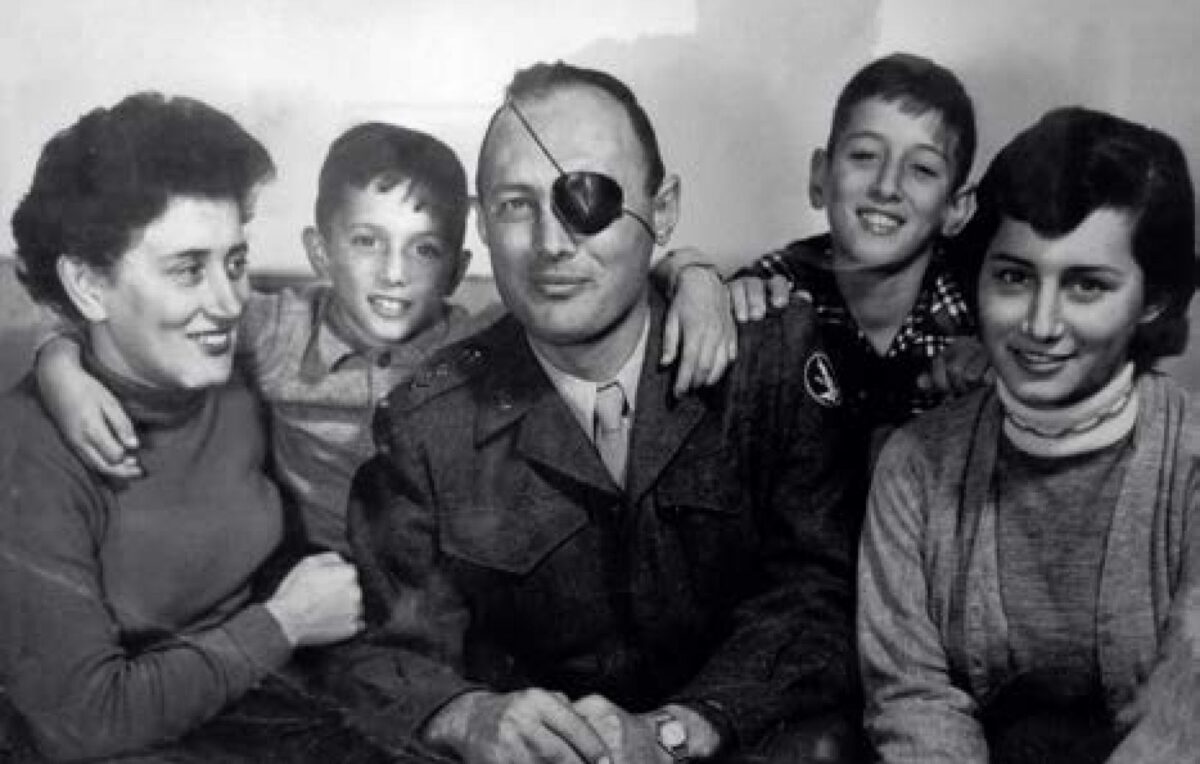Moshe Dayan, a black patch covering his left eye, was one of Israel’s most identifiable figures. An army general, a government minister and the scion of a Zionist pioneering clan, he was at once flamboyant and reserved. Dayan figures prominently in Anat Goren’s biopic, Dayan: The First Family, which will be screened online by the Toronto Jewish Film Festival on June 5, the 53rd anniversary of the Six Day War, during which Dayan was minister of defence.
Goren’s one-and-a-half hour documentary, steeped in nostalgic and grainy footage and photographs of early 20th century Palestine, is not really a primer in Dayan’s illustrious career or in the history of Zionist settlement, but rather an impressionistic picture of him and his extended family.
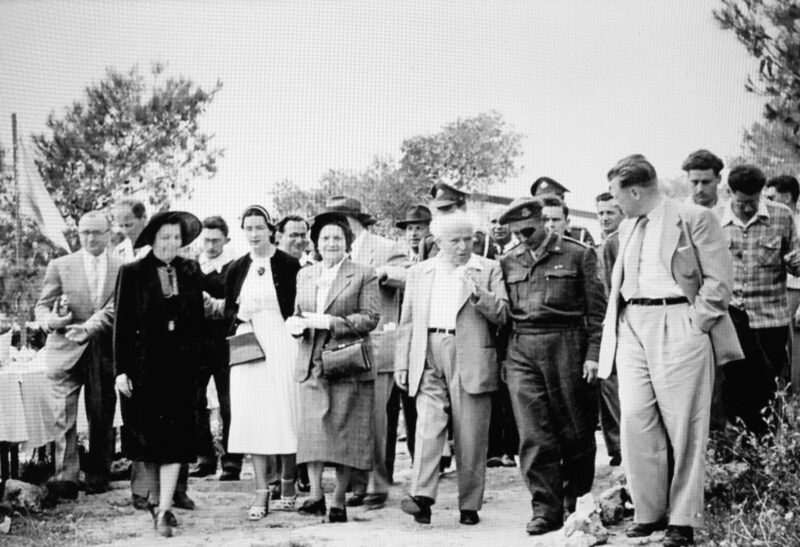
Ruth, Dayan’s first wife, is interviewed, as are his children and an assortment of relatives, colleagues and employees. There is also a passing reference to his sister, Aviva, who committed suicide. Dayan appears in a few brief clips, and in one of them, he appears to glorify war. “I don’t know anything which is more exciting than war,” he tells a BBC reporter.
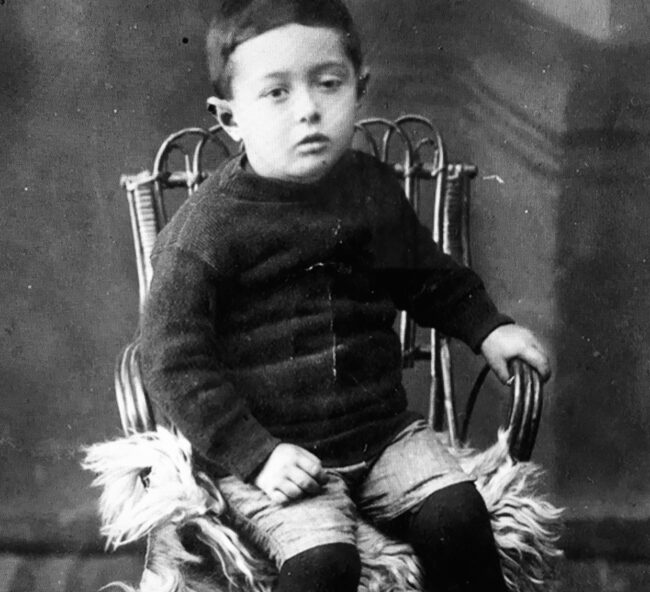
One can understand why he was so fixated on armed conflict. Born in 1915 in Degania, the first kibbutz, Dayan was a warrior. He fought with the Haganah, the militia of Palestine’s Jewish community. He was a commander during the 1948 War of Independence and the chief of staff of the armed forces from 1953 until 1958. After leaving the military, he was minister of agricultural. In the 1967 and 1973 wars, he served as minister of defence. Later, under the premiership of Menachem Begin, he was minister of foreign affairs.
Goren skims over the surface of his military and political career, focusing instead on personal issues, some of which reek of tabloid gossip.
Dayan’s father, Shmuel, immigrated to Ottoman Palestine from the Ukraine in 1908. Devorah, his mother, a Russian revolutionary who embraced Zionism, arrived several years later. The couple lived in Degania, a collective farming village adjacent to the Sea of Galilee, before moving to Nahalal, the first moshav, in the Jezreel Valley. After Israeli statehood, Shmuel turned to politics, serving at one point as deputy Speaker of the Knesset.
Not surprisingly, Goren, early in the movie, focuses her attention on Dayan’s emblematic eye patch. Forced to wear one after a bullet struck him during a battle in Syria in 1941, Dayan says the wound left him with a permanent headache.
Goren barely mentions Dayan’s contributions during the 1948 Arab-Israeli war, but notes in passing that his brother, Zorik, was killed during that lengthy conflict.
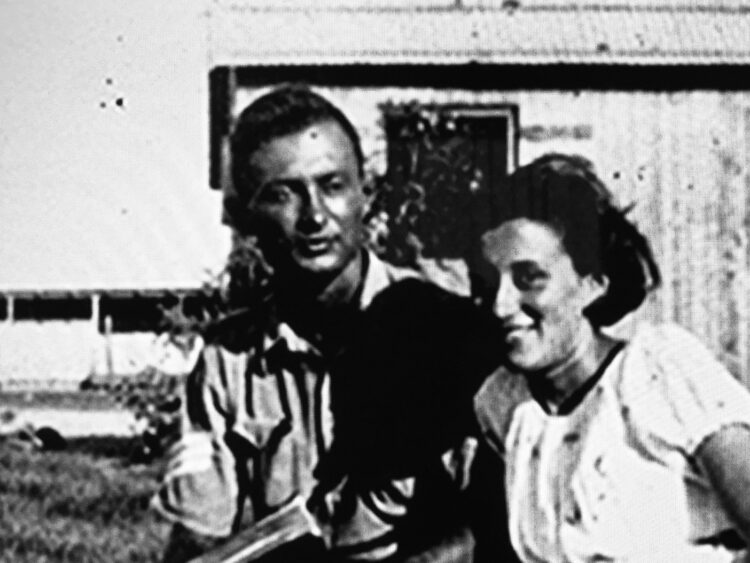
With gusto, Goren delves into Dayan’s extramarital affairs. His office secretary downplays his philandering, but his military secretary, Shlomo Gazit, acknowledges that his boss engaged in sexual escapades with young female soldiers. Dayan caused something of a scandal when he was found in bed with Hadassah Mohr, his best friend’s wife.
Ruth, whom Dayan divorced in 1971, disingenuously claims she “didn’t mind” his affairs. As she puts it, “Dayan belonged to all of us.” Later in the film, she calls her ex-husband “sick and crude, devoid of any human foundation.”
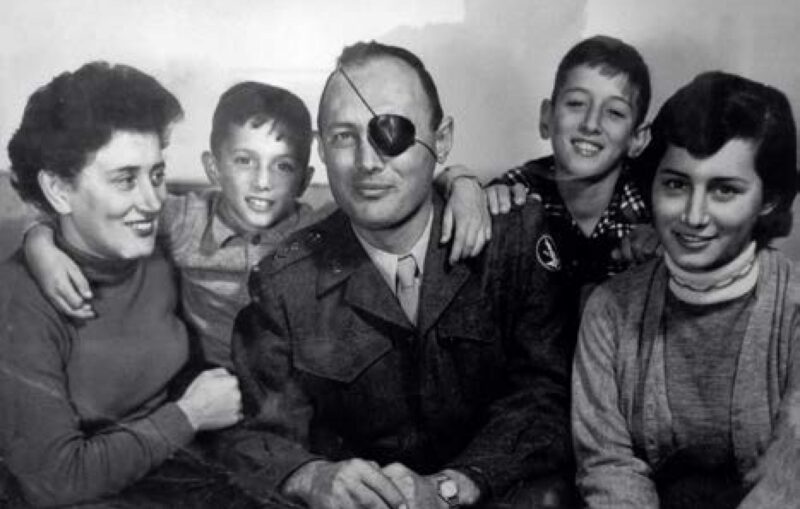
Uri Avnery, the late publisher of a racy left-wing newsmagazine, discloses that Dayan sent hooligans to beat him after he dated his daughter, Yael, a journalist and author.
Avnery describes the Dayan family as “completely dysfunctional,” claiming that Dayan was like a “stranger” in his own house.
Dayan’s appointment as minister of defence on the eve of the Six Day War buoyed morale, says Avnery. Yael, who appears to have been close to her father, says he “radiated leadership.”
In fact, the armed forces were prepared for the war by the chief of staff, General Yitzhak Rabin. “Dayan reaped the glory,” admits Gazit. In the same vein, Avnery says, “Dayan didn’t contribute a thing to the war.” Yet he concedes that Dayan inculcated a “spirit of victory” to Israeli troops waiting to be unleashed.
Goren’s disproportionate reliance on Avnery as an authoritative source is odd, given the surfeit of Israeli historians and journalists she could have interviewed.
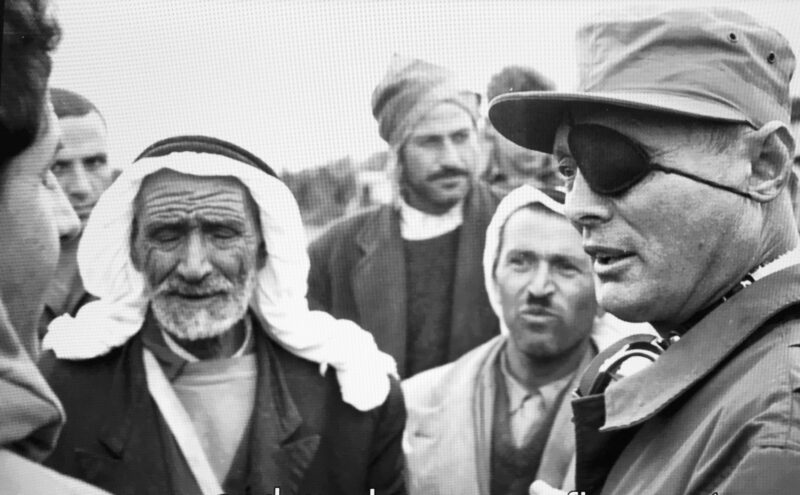
Dayan catapulted to fame, becoming a household name in Israel and abroad, in the wake of the Six Day War, says his son, Assi. Yet Dayan was embarrassed by the adulation, he adds. Assi’s appraisal of his father’s personality is at a odds with accounts that he was a narcissist who craved recognition and applause.
It would appear that Dayan was a complex figure who could not be accurately summed up by a word, a phrase or a sentence.
